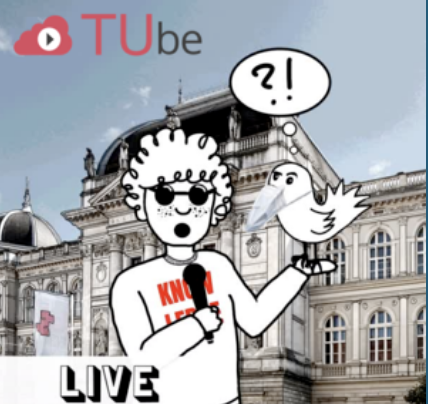 Issue 18(19) of our journal on emerging technologies for learning got published. Enjoy the readings as usual for free :-).
Issue 18(19) of our journal on emerging technologies for learning got published. Enjoy the readings as usual for free :-).
Table of Contents:
- Enhancing Students’ Linear Algebra I Learning Using Assessment Through STACK
- Early Research Trends on ChatGPT: Insights from Altmetrics and Science Mapping Analysis
- Roblox in Higher Education
- Construction of Immersive Experiences: Development of Virtual Reality Technology to Facilitate Physical Geography Learning
- Enhancing Oral Production in Integrated English Blended Teaching through a Production-Oriented Approach: An Action Research Study
- Evaluation of Blended Teaching in STEAM Education Using Structural Equation Model Questionnaire Technology
- Imagineering MOOC Instructional Design Model to Enhance Creative Thinking and Creative Health Media Innovation
- A Study of the Use of Multimedia in AI Industry in Terms of its Impact on In-Service Education and Work Attitude as Well as Work Performance
- Using BERT-Based Textual Analysis to Design a Smarter Classroom Mode for Computer Teaching in Higher Education Institutions
- The Influence of Science and Technology Innovation Perception Education on Entrepreneurial Intention of College Students
- Structural Relationship on Factors Influencing Digital Literacy of College Students
- Validation of the Digital Transformation Model of the Universidad Autónoma de Chile
- An Evolutionary Study of the Impact of Artificial Intelligence Technology on Foreign Language Education
- A Mobile Training Context for In-Service Teachers
- Measuring Video Conferencing System Success in Higher Education: Scale Development and Evaluation
- Using Structural Equation Model Questionnaire Technology for Assessing Blending Teaching in STEAM Courses
- Effects of Multimedia Video Integrated STEM Curricula on Learning Attitude and Learning Achievement
- A Study on the Influence of Hybrid Teaching on Students’ Learning Attitude and Learning Confidence
Nevertheless, if you are interested to become a reviewer for the journal, please just contact me 🙂 .

